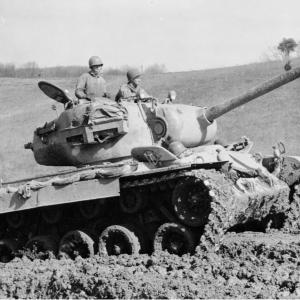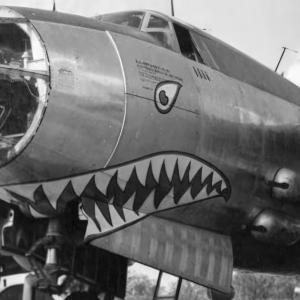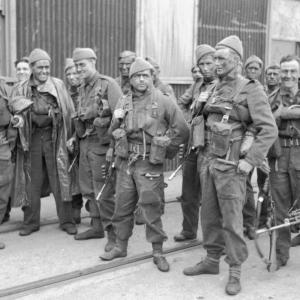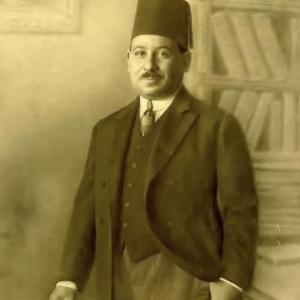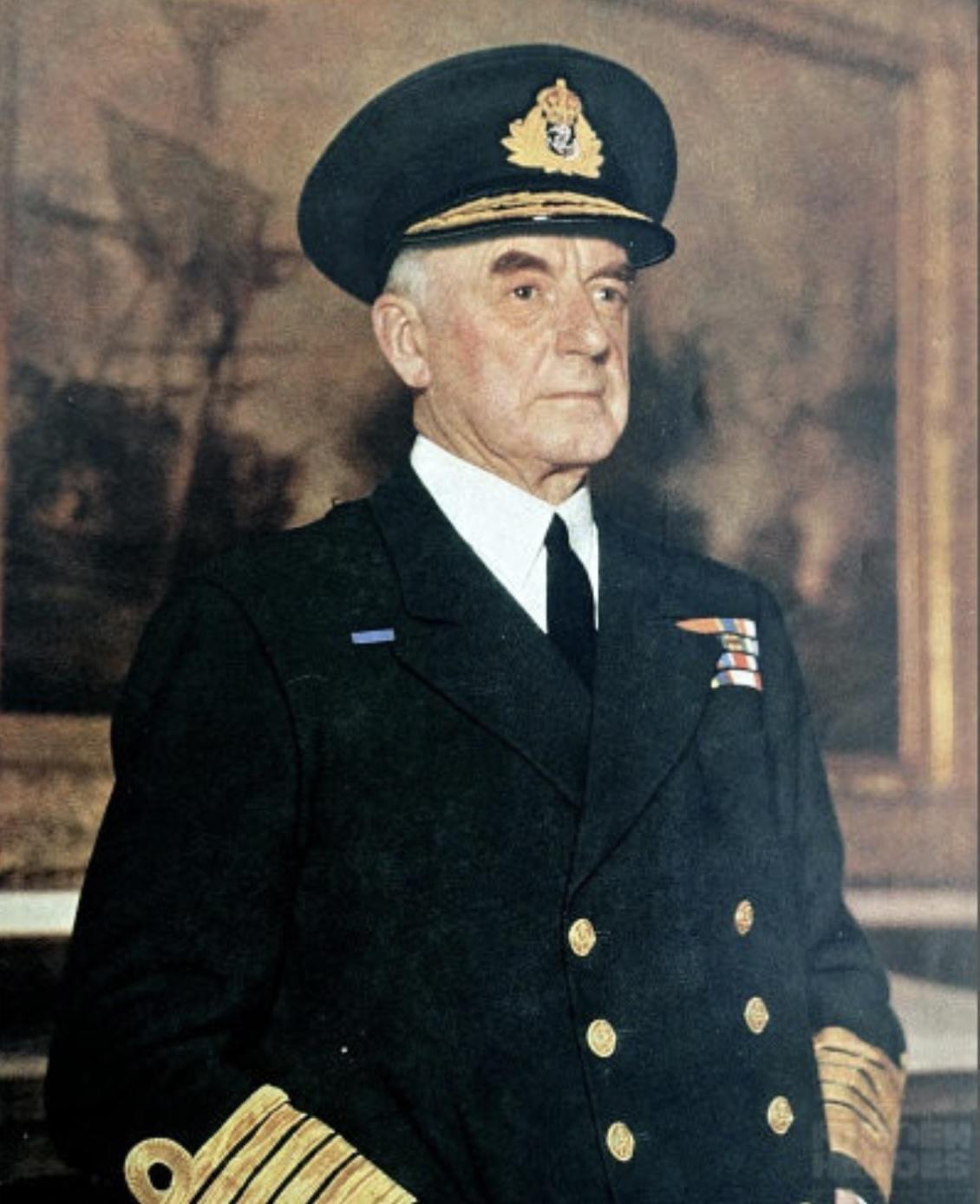
Admiral Sir Dudley Pound
Admiral Sir Dudley Pound, one of the most significant yet understated figures of the Second World War, was born on 29 August 1877 in Woking, Surrey, England. He was educated at Fonthill School and then at the Britannia Royal Naval College in Dartmouth, where he began his naval training at the age of just thirteen. Entering the Royal Navy as a cadet in 1891, he rose steadily through the ranks, showing early signs of the calm discipline and administrative skill that would later define his career. By the time he reached adulthood, Pound had established himself as a capable officer, earning his commission as a lieutenant in 1898 and later specialising in gunnery, a field of growing importance as naval warfare evolved.
In the early years of his career, Pound served aboard various Royal Navy ships and began developing his expertise in naval artillery, eventually becoming a gunnery instructor at the Royal Naval College. His technical knowledge and methodical approach earned him a series of key appointments, and during the First World War, he served with distinction, including as captain of the battleship HMS Colossus at the Battle of Jutland in 1916, the largest naval battle of that war. Though not a flamboyant commander, his quiet competence was noticed by senior leaders, and he was steadily promoted in the interwar years, taking on increasingly strategic roles. By 1939, as tensions escalated once more in Europe, Pound had become First Sea Lord, the Royal Navy’s professional head, placing him at the very centre of British naval strategy just as war broke out.
As First Sea Lord throughout the critical early years of the Second World War, Pound became a key figure in Winston Churchill’s war cabinet and one of the Prime Minister’s closest military advisers. Though frequently exhausted by long hours and suffering from declining health, Pound played an essential role in managing the Royal Navy’s response to German naval threats, especially the deadly campaign waged by German U-boats in the Atlantic. His leadership during the Battle of the Atlantic, despite occasional controversy, helped ensure that Britain’s vital supply lines remained open. He was a steady hand in a time of extreme pressure, supporting the development of convoy systems, anti-submarine tactics, and the coordination of British and American naval forces. Pound also backed crucial intelligence efforts, including the codebreaking work at Bletchley Park, which enabled Allied forces to anticipate enemy movements.
While some of his decisions, such as the disastrous order to scatter convoy PQ17 in 1942, drew criticism, they were made in moments of extreme uncertainty and under the burden of immense responsibility. His declining health, particularly a brain tumour that increasingly affected his ability to concentrate and work, forced his resignation in 1943. He died shortly after, on 21 October of that year. Despite his quiet and often behind-the-scenes role, Dudley Pound’s influence on the outcome of the war was considerable. His calm leadership, loyalty to Churchill, and steadfast commitment to the Royal Navy during its most testing years helped turn the tide against Nazi Germany and secure eventual Allied victory at sea.

